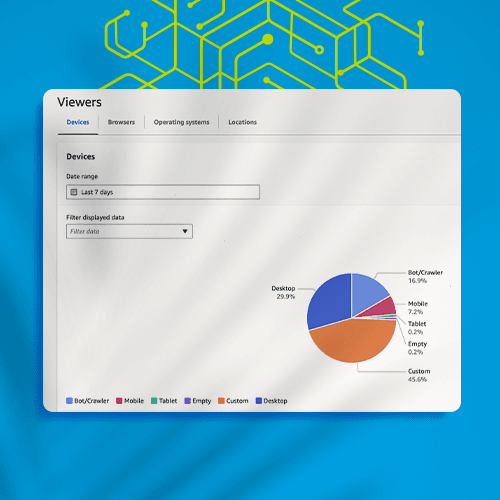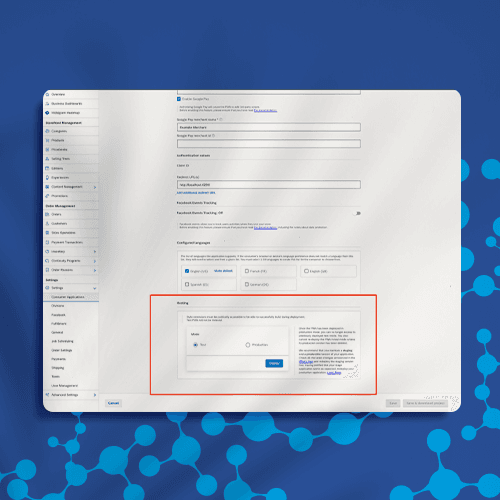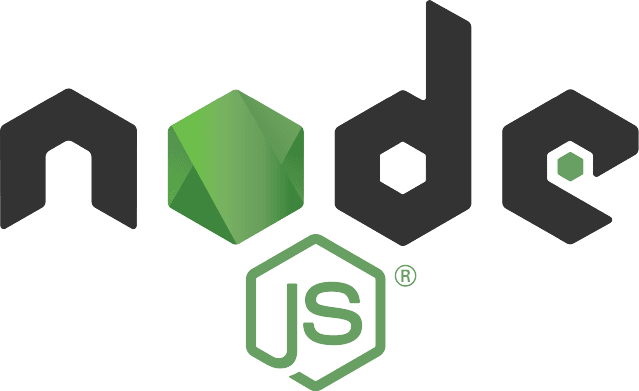Removing Barriers to e-Commerce Solutions
One of the largest multinational software companies in the world, our client has created dozens of enterprise product lines. The company fully embraced the cloud to make their offerings more easily adaptable to big companies, but they wanted to make their platforms more accessible for smaller businesses. Lineate helped them create a simple, controlled, but highly flexible configuration and deployment system based on Amazon Web Services.
Share:
Service:
- Cloud Strategy and Migration
Got a project?
Harness the power of your data with the help of our tailored data-centric expertise.
Contact usShare:
Service:
- Cloud Strategy and Migration
Got a project?
Harness the power of your data with the help of our tailored data-centric expertise.
Contact usProblem
Our client had already successfully provided e-commerce platforms to its customer base of large companies, enabling billions of dollars of transactions. However, once the platform APIs were integrated with the new web storefront solution, the customers took on the responsibility for the build, deployment, and ongoing technical maintenance of these storefronts. This ongoing maintenance proved to be a reasonable ask of larger businesses, which are able to maintain their own IT departments, but it often created a barrier to entry that proved difficult to surmount for small and midsize businesses.
Having just acquired a modernized backend e-commerce solution, our client tasked Lineate with designing and implementing a set of online tools that would allow customers to rapidly deploy new storefront instances into a fully managed cloud-based environment, complete with robust security and automatic scaling capabilities.

Solution
Lineate designed and implemented a serverless architecture in AWS, using the AWS Serverless Application Model (SAM) and CloudFormation, that provides an automated, highly secure storefront hosting service for all our client’s customers. (We also used Lambda, API Gateway, CloudWatch, Insights, DynamoDB, and CloudFront in this process.) As end-user traffic grows, this architecture will allow for instantaneous scaling and provisioning at a low overall cost.
Client customers use the platform to log into a portal and point the system at source code repositories containing their own custom storefronts that have been integrated against the backend e-commerce APIs. The system delivers push-button build and deployment directly from these repositories.
The system is designed with a robust security and scalability model at its core. Concurrency and rate of lambda function execution in production instances are monitored and automatically throttled as appropriate, and the system is hardened against DDoS attacks and malicious file uploads. Infrastructure as code is defined throughout with fully automated deployment via API calls or command-line tools.
Lineate implemented a storefront deployment and hosting service that allows small and midsize client customers to focus their efforts on integration with e-commerce APIs and on UX design to set their brands apart from the competition. The system removes the barrier for entry into the e-commerce space by eliminating the need to employ an entire Systems and IT department to ensure stable builds, successful deployments, and a secure, scalable, and robust hosting infrastructure.
Results
Our client launched their new storefront deployment and hosting service in May of 2021. Each storefront deployment for existing customers was fully automated and took 15 minutes or less to execute. Additionally, enthusiasm for the architecture developed by Lineate has spread across the dozens of product lines developed by our client, and this architecture is expected to serve as a model for future projects.
Tech Stack
Node.js to implement CLI tool to talk to our API
AWS Serverless Application Model to deploy our API
AWS: CloudFormation, Lambda, API Gateway, CloudWatch, CodeBuild, CloudFront, DynamoDB, Route53, S3, S3 Glacier, SNS, IAM, SQS
Python/Node.js to implement lambdas for our API
Jenkins, BlackDuck, Sonar, WhiteSource, and Checkmarx to establish CI/CD
Lighthouse CLI to audit website











